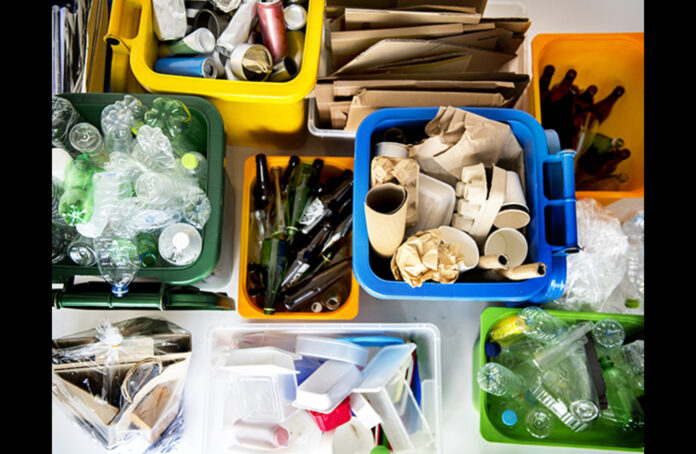In today’s world, where environmental concerns have taken center stage, waste reduction has become a pressing issue. One of the most significant contributors to waste generation is our homes. From excessive packaging to food waste, there are ample opportunities for each household to make a positive impact on the environment. By adopting simple yet effective waste reduction strategies, we can contribute to a greener future and create a sustainable living environment for generations to come.
Embrace the 3R’s:
Reduce, Reuse, and Recycle:The first step towards waste reduction starts with following the principles of the 3R’s. Reduce your consumption by making mindful choices when shopping. Avoid unnecessary packaging by opting for products with minimal packaging or buying in bulk. Reuse items wherever possible, such as using reusable shopping bags, containers, and water bottles. Recycle items that cannot be reused by sorting waste into appropriate recycling bins.
Combat Food Waste:
Food waste is a significant issue that not only wastes resources but also contributes to greenhouse gas emissions. Plan meals carefully to avoid overbuying or cooking excess food. Properly store leftovers and use them creatively in new recipes. Compost food scraps to nourish your garden or donate excess food to local charities or food banks.
Opt for Sustainable Packaging:
Reducing household waste involves being mindful of packaging choices. Choose products with minimal or eco-friendly packaging, such as products in recyclable or biodegradable materials. Consider buying in bulk or choosing products with refillable options to reduce packaging waste. Additionally, bring your own reusable bags and containers when shopping.
Ditch Single-Use Plastics:
Single-use plastics have a detrimental impact on the environment, taking hundreds of years to decompose. Minimize their use by opting for reusable alternatives. Replace disposable plastic water bottles with a reusable water bottle. Say no to plastic straws and choose alternatives like stainless steel or bamboo. Use cloth bags or mesh produce bags instead of plastic bags.
Composting:
Composting is a fantastic way to reduce waste while enriching your garden. Set up a compost bin in your backyard or opt for indoor composting methods for urban dwellers. Composting diverts organic waste from landfills, reducing methane emissions and producing nutrient-rich soil.
Waste reduction begins at home, and each small step we take can make a significant difference in conserving resources and protecting the environment. By embracing the principles of the 3R’s, combating food waste, opting for sustainable packaging, reducing single-use plastics, and composting, we can contribute to a greener future. It is essential for individuals to realize that their actions at home have the power to create a significant collective impact. Let us all commit to reducing waste and creating a sustainable living environment for ourselves and future generations. Together, we can build a brighter and cleaner future.


